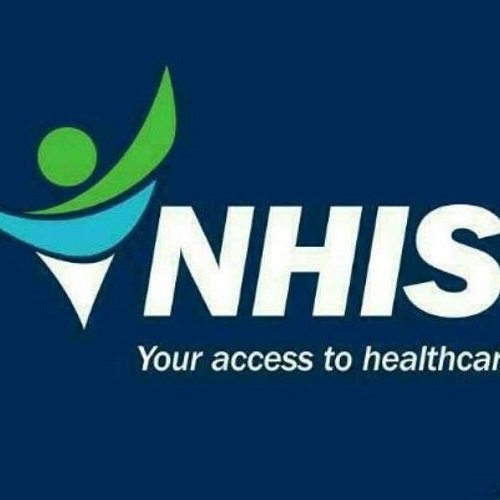The National Health Insurance Scheme (NHIS) remains one of the most important social interventions in Ghana's healthcare system.For many Ghanaians, it is a lifeline that removes the financial burden of paying for basic healthcare out of pocket.But while many people own an NHIS card, not everyone is fully aware of what it covers and what it doesn't.With a valid NHIS card, patients can access both out-patient and in-patient services at accredited hospitals and health centres.This includes consultations with doctors, laboratory tests, ultrasound scans, and prescribed medicines listed under the scheme's approved drug list.Minor surgeries done without overnight stays, such as hernia repairs and drainage of abscesses, are also covered.The scheme supports clinical family planning services and provides treatment for certain types of cancers, including four major childhood cancers.If a patient is admitted to the hospital, NHIS covers general and specialist care, surgeries, medications, physiotherapy, and even feeding where available.For women, maternal services such as antenatal care, normal delivery, Caesarean sections, and postnatal visits are all catered for.Eye care services like cataract removal and visual testing, as well as some mental health treatments for conditions like depression, anxiety, and schizophrenia, have been added to the package in recent years.Emergencies are not left out.
Whether it's a road accident, a medical crisis, or a surgical emergency, the NHIS provides support.
CT scans and MRIs are also allowed in emergency trauma cases.However, it's important to note that the scheme does not cover everything.
Treatments like cosmetic surgery, organ transplants, HIV retroviral drugs, some advanced heart and brain surgeries, and care abroad are excluded.

